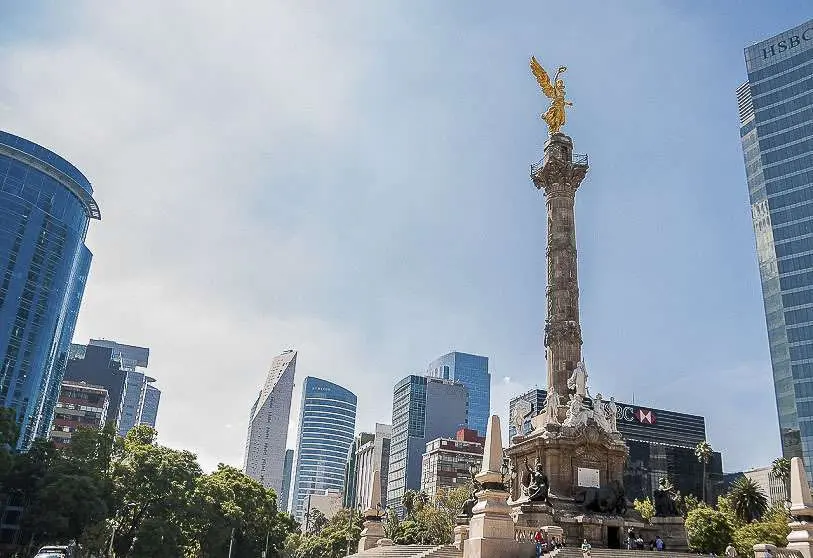Urban sprawl costs Mexico one per cent of GDP, says international study

Urban sprawl in Mexico is costing the country one per cent of gross domestic product (GDP) and, if the trend continues, will be unsustainable in the long term, a study by the World Resources Institute Mexico (WRI Mexico) warned on Wednesday.
"The sum of annual household commuting costs and the cost of providing public services could exceed one per cent of the country's GDP each year," Pablo Lazo, director of Urban Development and Accessibility at WRI Mexico, warned in a statement.
The report 'The Cost of Urban Sprawl in Mexico', presented online today, pointed out that Mexico's main cities are at serious risk due to their expansive and disorderly growth and, if the same rhythm is maintained, it would be necessary for spending in the main cities to increase by up to 244%.

The calculation was based on four components, namely the costs of housing construction and development, emissions from construction, the cost of displacement and the cost of providing basic services.
The report noted that there is an urgent need for policy change and specific actions to address these four components.
The paper argues that the economic cost of urban sprawl shows that current urban patterns are financially unsustainable for the future, and that urban planning strategies must be tailored to the context and particularities of each city.

The best option to reduce urban costs in the long term, the publication suggested, is to implement a residential location policy close to employment centres, which makes more efficient use of land and increases density.
It added that the location policy itself can generate cumulative annual cost savings of more than 5 per cent, "which would especially favour the most vulnerable population, with increasing savings over time".

Finally, the document points out that future planning actions should be governed by the principles of co-responsibility in urban planning, the targeting of institutional support to the most vulnerable areas, and a comprehensive vision of planning that makes a holistic analysis of the impacts and benefits of urban development in the short and long term.
The study was conducted in eight metropolitan areas including the Valley of Mexico, Guadalajara (Jalisco), Monterrey (Nuevo Leon), Tijuana (Baja California), Reynosa (Tamaulipas), Merida (Yucatan), Tuxtla Gutierrez (Chiapas) and Culiacan (Sinaloa).








